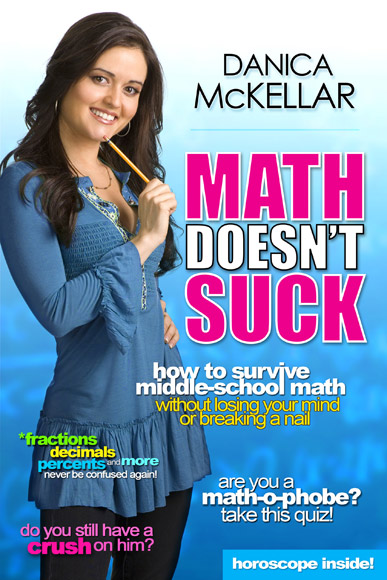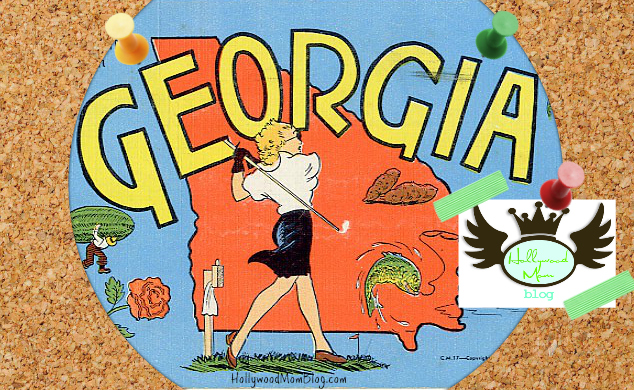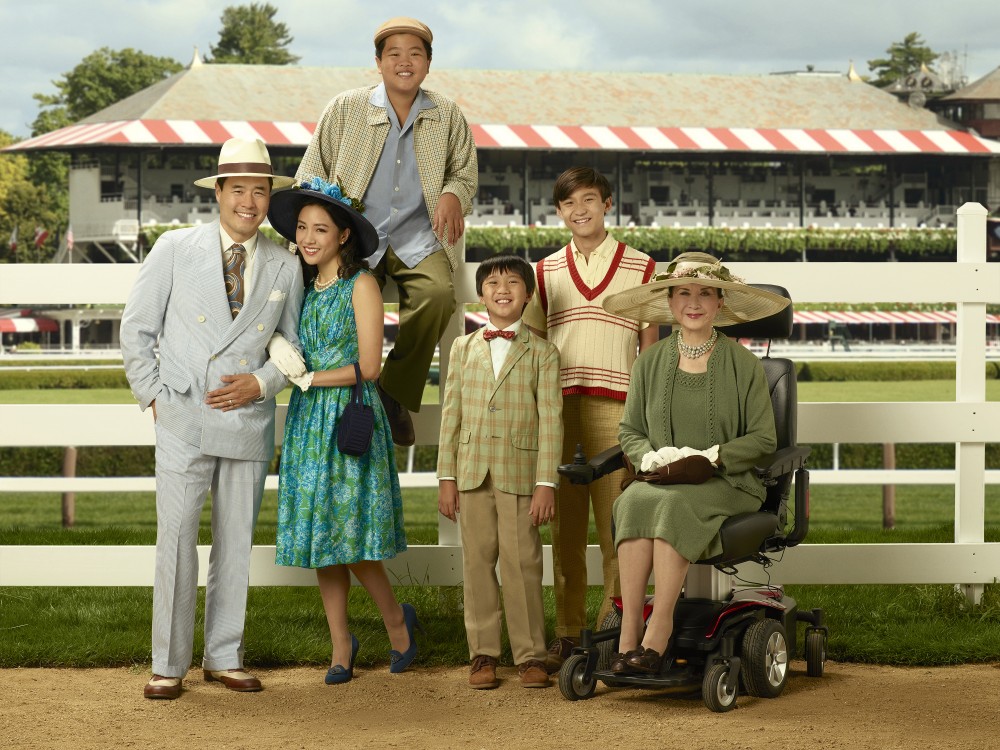 Even back when she was a child star shooting the television hit “The Wonder Years,” with iconic co-star Fred Savage, producers had to hire an advanced calculus tutor to keep up with Danica McKella’s math aptitude. But at that point she had never considered becoming a mathematician. Social conditioning, says 32-year-old McKellar, made her believe girls didn’t have a place in the math world. “Who did I think math was for, if it wasn’t for me?”
Even back when she was a child star shooting the television hit “The Wonder Years,” with iconic co-star Fred Savage, producers had to hire an advanced calculus tutor to keep up with Danica McKella’s math aptitude. But at that point she had never considered becoming a mathematician. Social conditioning, says 32-year-old McKellar, made her believe girls didn’t have a place in the math world. “Who did I think math was for, if it wasn’t for me?”
Danica went to UCLA intending to study writing and directing, but converted to mathematics, earning a math degree summa cum laude and co-authoring a research paper that solved a statistical mechanics problem involving magnetism in two dimensions—a solution now known as the Chayes-McKellar-Winn theorem.
In math class McKellar learned that solving probabilities wasn’t going to solve the biggest math problem in the United States: “Girls fear math,” she says. Although girls and boys in fourth and eighth grades have similar math and science proficiency scores, a national survey recently found that girls are less likely than boys to agree with the statements “I like mathematics” and “I like science.” Teachers often unknowingly foster this preference, which, McKellar claims, isn’t helped by the feeling among young girls that they need to act ditzy in order to get boys to like them. The negative attitudes girls hold for math translate into career choices later on in life: four times as many men as women hold full-time university faculty positions in mathematics, science, and engineering. And as McKellar sat in a sea of male classmates in her advanced classes she realized she was living the direct repercussions of these early gender inequalities.
McKellar plans to change these statistics by putting some of her other skills to work. “Math doesn’t have good PR. I’m going to do my best to do great PR for math,” she says. as a spokesman for the National Council of Teachers of Mathematics, she testified to a Congressional subcommittee in 2000 about the country’s need to better prepare math teachers and draw more young girls toward math, especially at the age when they tend to start avoiding the subject. “Not only is middle school a time in life when girls are dealing with so much emotionally, it’s also when math gets harder.”
To help girls struggling with the complexity that comes with seventh-grade math, McKellar has penned Math Doesn’t Suck: how to Survive Middle School Math Without Losing your Mind or Breaking a Nail. The book hones in on middle school’s trickiest points-––like fractions, ratios, and percentages—and presents them in a style that’s appropriate for the cool kids’ lunch table. Figure out your “type” in boys and you’ll understand greatest common factors. All of those iced lattes celebrities drink make multiplying fractions tasty and don’t forget, savvy shopping requires killer decimal skills.
As McKellar fields math questions from kids on her personal website she sees how the hard work and persistence required by math can empower girls. The subject has a reputation for being tough, but coming up with the right numbers can give girls an important boost of courage. In addition to being gorgeous and brilliant, Danika can be seen guest appearing of the new hit television series, “The Big Bang Theory.”






